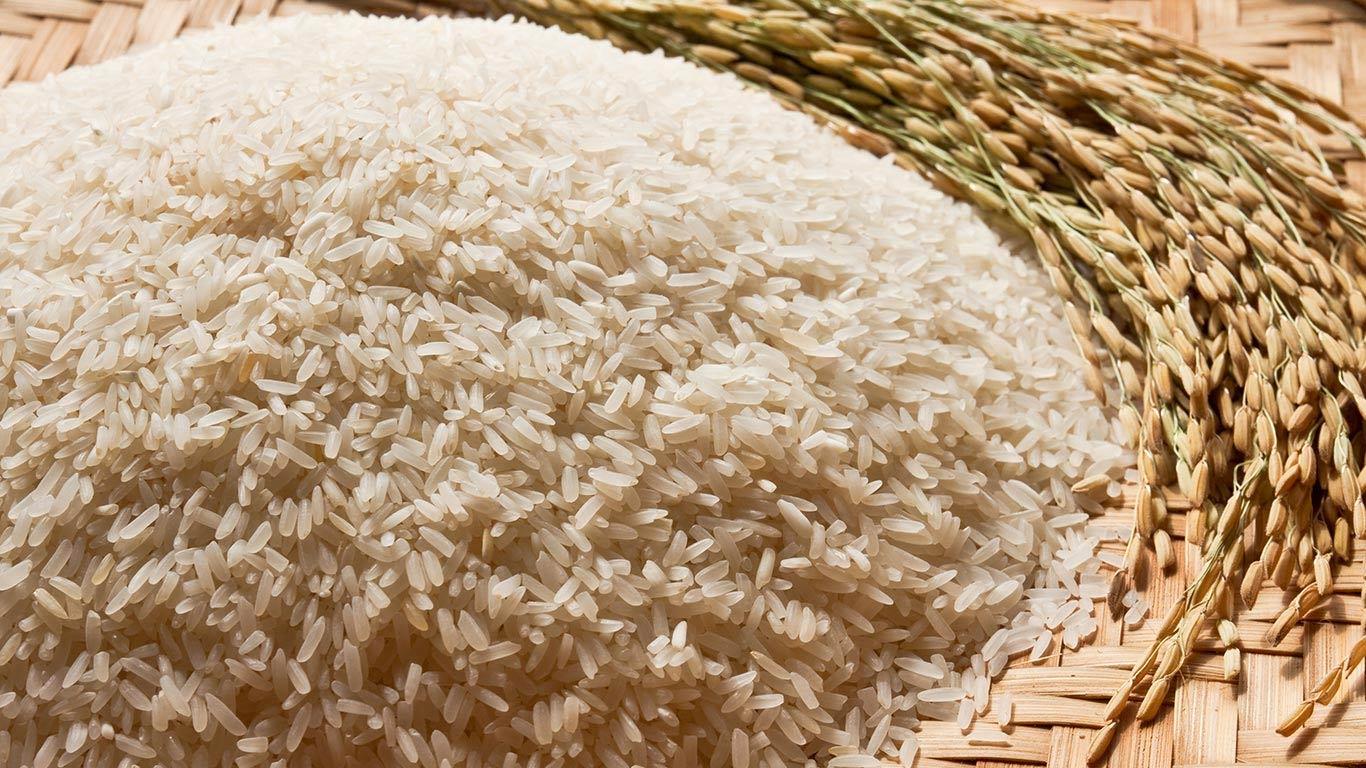
India Approves Export Of 200,000 Tonnes Of Non-Basmati White Rice To Malaysia
This decision comes as an exception to the export ban imposed on July 20, 2023, and reflects India's commitment to supporting food security needs of its trading partners.
The Directorate General of Foreign Trade (DGFT) issued a notification stating that the export will be facilitated through the National Cooperative Exports Limited (NCEL), a multi-state cooperative society backed by some of India's leading cooperative entities.
This move is part of a broader pattern of selective rice exports by India to countries facing food security challenges. Despite the general ban, similar allowances have been made for nations including Nepal, Cameroon, Côte d'Ivoire, Guinea, Philippines, and Seychelles.
The export ban on non-basmati white rice was initially implemented to safeguard domestic supply and stabilize local prices. However, the government has shown flexibility in granting exceptions based on diplomatic requests and food security considerations of other nations.
NCEL, the organisation tasked with managing this export, is a collaborative effort of prominent Indian cooperatives. Its backers include the Gujarat Cooperative Milk Marketing Federation (GCMMF), better known as AMUL, along with other major players like the Indian Farmers Fertiliser Cooperative Ltd (IFFCO), Krishak Bharati Cooperative Ltd (KRIBHCO), and the National Agricultural Cooperative Marketing Federation of India Ltd (NAFED).
This decision underscores India's delicate balancing act between ensuring domestic food security and maintaining its role as a responsible global trade partner. It also highlights the strategic importance of rice in international relations and food diplomacy.
As global food security concerns continue to evolve, particularly in the face of climate change and geopolitical tensions, such targeted export allowances may become increasingly significant in shaping international agricultural trade policies.
(KNN Bureau)
Legal Disclaimer:
MENAFN provides the
information “as is” without warranty of any kind. We do not accept
any responsibility or liability for the accuracy, content, images,
videos, licenses, completeness, legality, or reliability of the information
contained in this article. If you have any complaints or copyright
issues related to this article, kindly contact the provider above.


















Comments
No comment